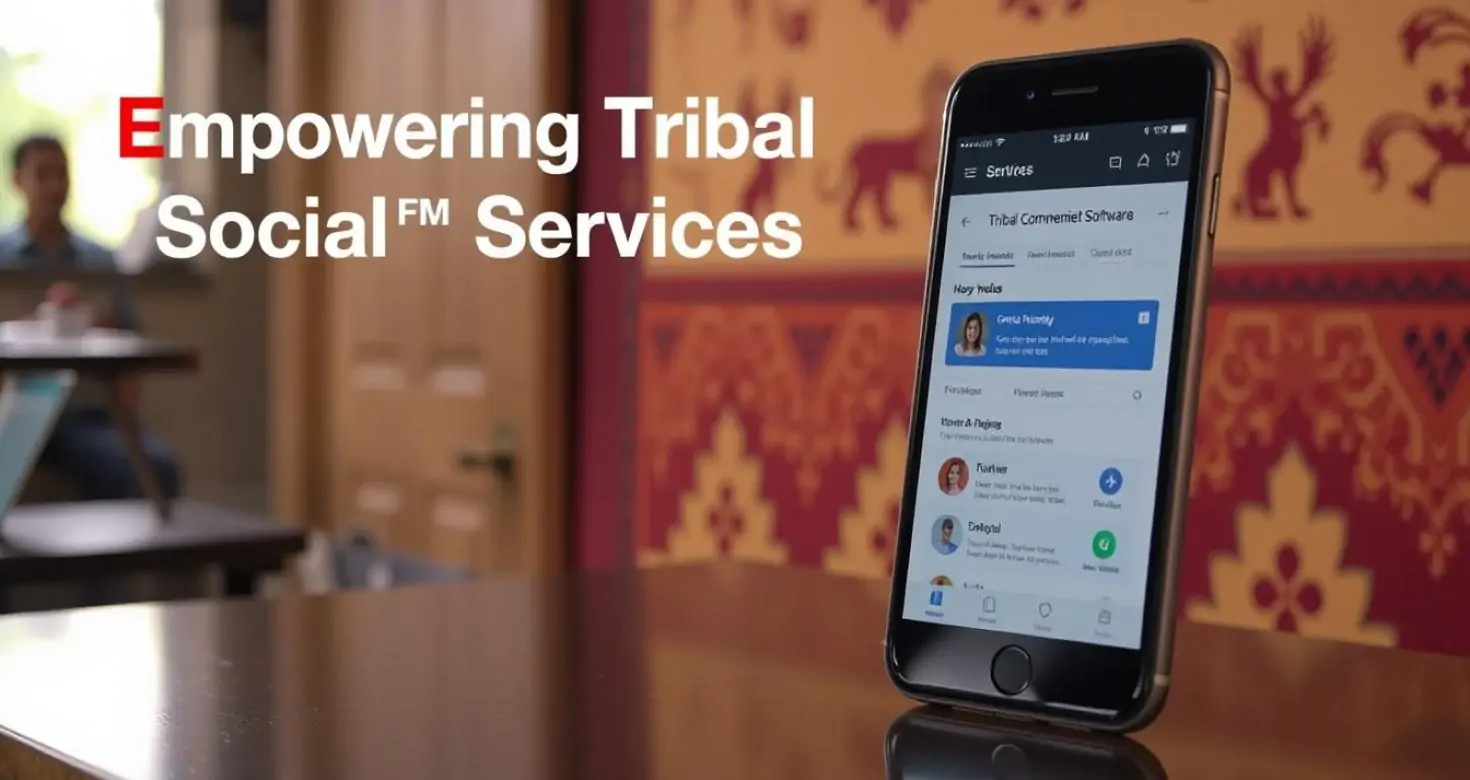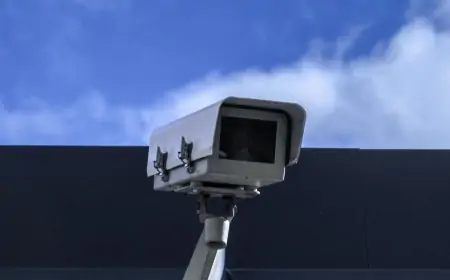The extent of tribal land formally covers mountainside areas and prairies as well as drier locations. These social workers in remote areas are required to travel this distance with merely a piece of paper or information stored in their minds while being completely responsible for the welfare of the people within the area. Now imagine this: when a family is at home with something vital sitting in the file cabinet of the social services office. There seemed to be an unbridgeable gap between modern serving techniques that were developed and the deep-seated reliance on native documentation techniques. Still, with the formation of more advanced technologies, they have begun to overcome such disparities.
Bridging Distance with Digital Solutions
The social services agencies that work within the tribal territories of a county face a unique issue: a complexity that has no non-tribal counterpart solution. In this case, social workers may spend extensive periods commuting; reservation boundaries may be crossed where the signal is weak, and vehicle travel times may be long. Some needy tribesmen may be far from the administrative offices with reliable means of transport, thus looking for social assistance can also be an issue.
The sophistication brought by modern tribal case management software ensures that the way social services are delivered to members of the community is entirely changed. There are certain websites and online service companies which provide mobile-ready interfaces for social workers who have to update their case notes and coordinate services in an extremely convenient manner during home visits, community centres, and even during transitions between scheduled appointments. In such a case, it is the worker who directs the adaptability of the IT, not the other way around.
Honouring Cultural Values Through Configuration
Generic software forces organisations to conform to predetermined structures that may conflict with traditional practices and cultural values. Tribal communities operate within complex governance systems, honor extended family relationships differently, and maintain unique approaches to healing and support. Cookie-cutter solutions fail to capture these nuances.
Configurable tribal case management software respects sovereignty by allowing each nation to shape the platform according to their specific needs. Forms can reflect culturally relevant data points. Workflows can align with traditional decision-making processes. Reporting features can track outcomes that matter most to the community while satisfying federal requirements. Technology has become a tool for cultural preservation rather than assimilation.
Real-Time Collaboration Across Departments
Tribal governments often manage interconnected services – health, education, housing, elder care, and child welfare, all serving the same families. Yet these departments frequently operate in isolation, missing opportunities for holistic support. When the health clinic identifies a family struggling with food security, how quickly can that information reach the social services team?
Empowering Communities Through Accessibility
The most powerful feature of modern tribal case management software isn't found in complex algorithms or flashy interfaces – it's in making services truly accessible to community members. Email-to-case functionality allows tribal members to submit requests and track progress without travelling to offices. Secure portals provide transparency about available services and application statuses.
Technology in the Service of Tradition
The adoption of mobile-ready tribal case management software represents evolution, not abandonment of traditional values. By embracing tools that respect sovereignty, enhance accessibility, and strengthen community connections, tribal social services can extend their reach while maintaining cultural integrity. The future of tribal social services lies not in choosing between tradition and technology, but in wielding both to better serve the next seven generations.























